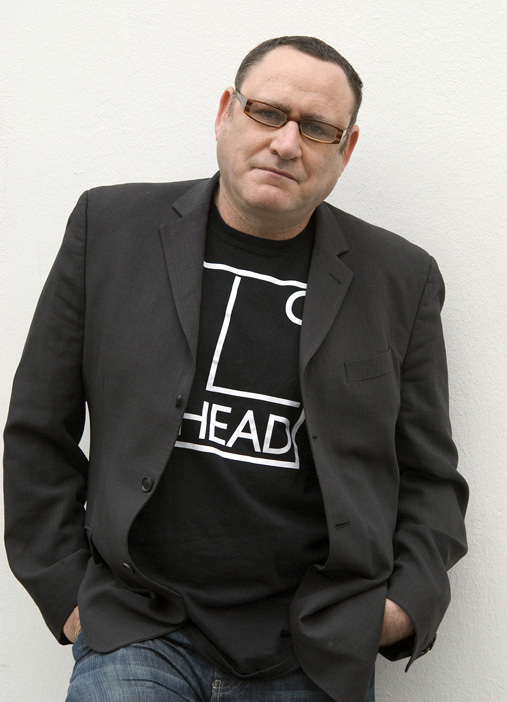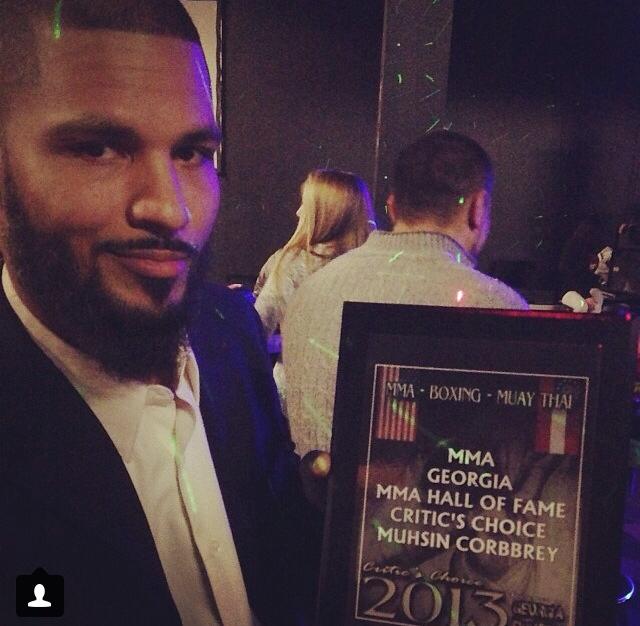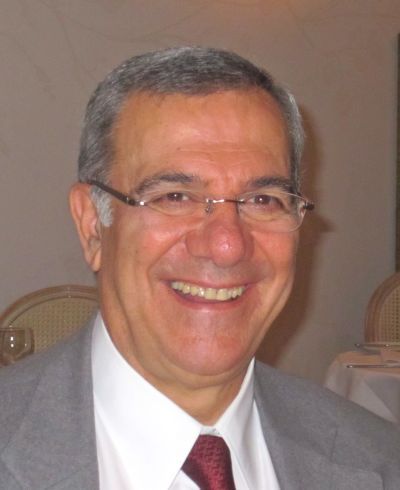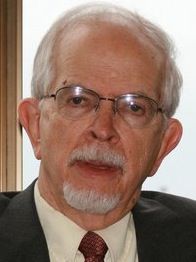Confronting torture: A violation Of American values
Abu Hudhaifa, was held in Afghanistan for 16 months. The Senate report says that he “was subjected to ice water baths and 66 hours of sleep deprivation before being released because the CIA discovered he was not the person he was believed to be.”
Allan Brownfeld Global News Centre
(WASHINGTON DC) The heated debate over the Senate Intelligence Committee’s report on our government’s use of torture is often asking the wrong questions. The report is being criticized for not having interviewed CIA personnel involved in the program. This is a legitimate criticism. The report is criticized for categorically stating that no worthwhile information was obtained by such procedures. We have no way of knowing whether this is true. The CIA argues that it is not.
The real argument against the use of torture is not that it is ineffective in gaining worthwhile information, which most experts argue is the case, but that it is illegal, immoral and in violation of American values. Both liberals and conservatives should be in agreement on this matter. Liberals object to inhumane treatment of prisoners, and conservatives are concerned about out -of-control big government, conducted in secret.
Senator John McCain (R-AZ), who was taken prisoner during the Vietnam War and suffered years of torture at the hands of the North Vietnamese, declared that America never engaged in torture against German and Japanese prisoners of war during World War II, against North Korean prisoners during the Korean War of against North Vietnamese and Viet Cong prisoners during the Vietnam War. We put on trial those who were guilty of torturing Americans. Torture, McCain declared, is not the American way. Beyond this, he noted that, “I know from personal experience that the abuse of prisoners will produce more bad than good intelligence.”
Ironically, one of the reasons repeatedly stated by President George W. Bush for the U.S. invasion of Iraq in 2003 was the maintenance of “torture rooms” by Saddam Hussein. Andrew Napolitano, a former judge of the Superior Court of New Jersey and an analyst for Fox News Channel, says of the Senate report that, “…it is damning in the extreme to the Bush administration and to the CIA leadership. It offers proof that the CIA engaged in physical and psychological torture, some of which was authorized—unlawfully, yet authorized—most of which was not. The report also demonstrates that CIA officials repeatedly lied to the White House and to Senate regulators about what they were doing and they lied about the effectiveness of the torture. If the allegations in the report are true, we have war criminals, perjurers, computer hackers and thugs on the government payroll.”
The fact is, as Judge Napolitano points out, “All torture is criminal under all circumstances—under treaties to which the U.S. is a party, under the Constitution that governs the government wherever it goes, and under federal law. Torture degrades the victim and the perpetrator. It undermines the moral authority of a country whose government condones it. It destroys the rule of law. It exposes our own folks to the awful retaliatory beheadings we have all seen…It is a recruiting tool for those who have come to cause us harm.”
Historically, in wartime, we have done things we later regretted. Civil liberties have been abused. Abraham Lincoln suspended the writ of habeas corpus during the Civil War. During World War II, we imprisoned more than 127,000 Japanese-Americans. Similarly, after the attacks on 9/11, there was uncertainty and fear, which led to the actions recorded in the Senate report. “Still,” The Washington Times noted editorially, “it’s difficult to argue with John McCain…a man who learned something about torture and its limits in the notorious North Vietnamese prison the American prisoners called, with grim irony. ‘the Hanoi Hilton.’ ”
Defending the release of the Senate report, which was opposed by many of his fellow Republicans, Sen. McCain said: “What might come as a surprise, not just to our enemies, but to many Americans is how little these practices did to aid our efforts to bring 9/11 culprits to justice and to find and prevent attacks today and tomorrow. That could be a real surprise since it contradicts the many assurances provided by intelligence officials on the record and in private that enhanced interrogation technique were indispensable in the war against terrorism. I suspect the objection of those same officials to the release of this report is really focused on that disclosure, torture’s ineffectiveness, because we gave up much in the expectation that torture would make us safer. Too much.”
We now know that 26 of those detained—and tortured—were held in error. One of these, Mohamed Bashmilah, was held in secret prisons for 19 months. He was kept shackled alone in freezing-cold cells in Afghanistan, subjected to loud music 24-hours a day. He attempted suicide at least three times, once by saving pills and swallowing them all at once; once by slashing his wrists; and once by trying to hang himself. Another time, he cut himself and used his own blood to write “this is unjust” on the wall.
Until 9/11, the U.S. had officially condemned secret imprisonment as a violation of basic international standards of human rights. But like the program on torture, it was set aside in an effort to prevent another attack. In one case, Laid Saidi, an Algerian identified in the Senate report as Abu Hudhaifa, was held in Afghanistan for 16 months. The Senate report says that he “was subjected to ice water baths and 66 hours of sleep deprivation before being released because the CIA discovered he was not the person he was believed to be.”
John Sifton of Human Rights Watch notes that, “You have an agency that has been presenting itself to Congress and the public as very professional, on top of everything. The report shows that they were flying by the seat of their pants. They were making it up as they went along.”
In a democratic society, non-elected government bureaucrats are responsible for carrying out the laws passed by our elected representatives in the Congress, which are then executed by the executive branch. In the instance of torture, we see something quite different—-secret government with men and women who have not been elected by anyone, engaged in actions which are illegal, and keeping such action secret from elected officials. For four years, according to CIA records, no one from the agency ever came to the White House to give President George W. Bush a full briefing on what was happening in the dungeons of Afghanistan and Eastern Europe. For four years, interrogators stripped, slammed, soaked and otherwise abused their prisoners without informing the president—-or the congressional oversight committees. Finally, in April 2006, the CIA director gave President Bush his first briefing about interrogation practices being used since 2002.
In that briefing, the president was told about one detainee being chained to the ceiling of his cell, clothed in a diaper and forced to urinate and defecate upon himself. The president is reported to have “expressed discomfort.” According to the Senate report, “The CIA repeatedly provided incomplete and inaccurate information” to the White House. But it may be that the White House, and the congressional oversight committees, really didn’t want to know exactly what was going on, in which case they are equally culpable.
We must, of course, recognize the fears which were widespread after 9/11—-as was the fear after Pearl Harbor. People fearful of another brutal attack often act in ways which, in a more tranquil time, would never be considered. As Sen. McCain said, “I understand the reasons that governed the decision to resort to these interrogation methods, and I know that those who approved them and those who used them were dedicated to securing justice for the victims of terrorist attacks and to protecting Americans from further harm…But I dispute wholeheartedly that it was right for them to use these methods, which the report makes clear were neither in the best interests of justice nor our security nor the ideals we have sacrificed so much blood and treasure to defend.”
Even in the worst of times, concluded McCain, “We are always Americans and different, stronger and better than those who would destroy us.” With the Senate report we are acknowledging before the world that in a moment of great tension and fear, we violated our own deeply held principles. We always used to say, “Americans don’t torture.” Hopefully, we can say this again and make certain that our government is not conducted in secret but in the light of day, as was intended by the Founding Fathers.
__________________________________
Allan C. Brownfeld received his B.A. degree from the College of William and Mary, his J.D. degree from the Marshall-Wythe School of Law of the College of William and Mary and his M.A. in Government and Politics from the University of Maryland. He has served on the faculties of St. Stephen’s Episcopal School, Alexandria, Virginia, and the University College of the University of Maryland.
The recipient of a Wall Street Journal Foundation Award, Mr. Brownfeld has written for such newspapers as THE HOUSTON PRESS, THE RICHMOND TIMES DISPATCH, THE WASHINGTON EVENING STAR and THE CINCINNATI ENQUIRER. For many years he wrote three columns a week for such newspapers as THE PHOENIX GAZETTE, THE MANCHESTER UNION LEADER, and THE ORANGE COUNTY REGISTER. His weekly column appeared for more than a decade in ROLL CALL, the newspaper of Capitol Hill. His articles have appeared in such journals as THE YALE REVIEW, THE TEXAS QUARTERLY, THE NORTH AMERICAN REVIEW, ORBIS and MODERN AGE.
Mr. Brownfeld served as a member of the staff of the U.S. Senate Internal Security Subcommittee and was the author of that committee’s 250-page study of the New Left. He has also served as Assistant to the Research Director of the House Republican Conference and as a consultant to such members of Congress as Reps. Phil Crane (R-Il) and Jack Kemp (R-NY) and to the Vice President of the United States.
He is a former editor of THE NEW GUARD and PRIVATE PRACTICE, the journal of the Congress of County Medical Societies and has served as a Contributing Editor AMERICA’S FUTURE and HUMAN EVENTS. He served as Washington correspondent for the London-based publications, JANE’S ISLAMIC AFFAIRS ANALYST and JANE’S TERRORISM REPORT. His articles regularly appear in newspapers and magazines in England, South Africa, Sweden, the Netherlands and other countries. You can write to Allan at [email protected]



















 London
London

 Oregon
Oregon








































Leave a Reply
You must be logged in to post a comment.